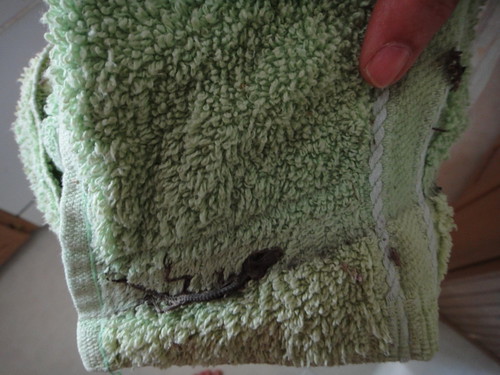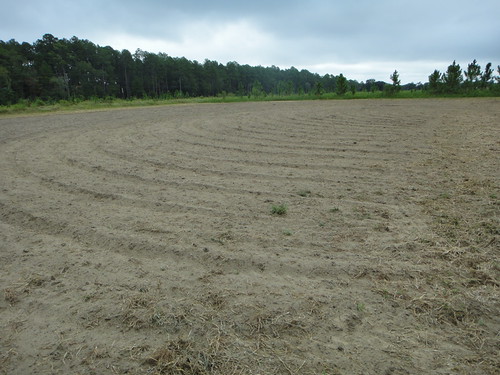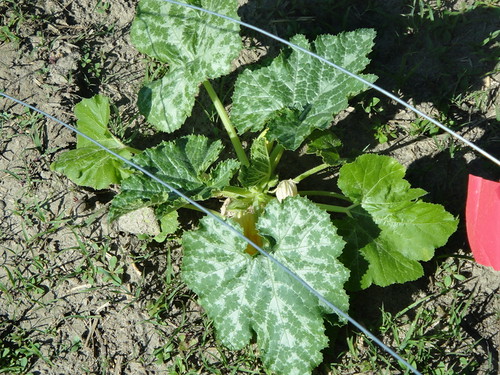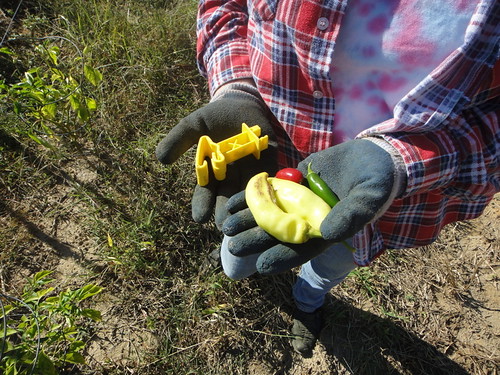Ethan A. Huff wrote for NaturalNews.com 3 August 2011, Court rules organic farmers can sue conventional, GMO farmers whose pesticides ‘trespass’ and contaminate their fields
Purveyors of conventional and genetically-modified (GM) crops — and theAnd all most people have done so far is let it slide. But the Johnsons did something. Continue readingpesticides and herbicides that accompany them — are finally getting a taste of their own legal medicine. Minnesota’s Star Tribune has reported that the Minnesota Court of Appeals recently ruled that a large organic farm surrounded by chemical-laden conventional farms can seek damages for lost crops, as well as lost profits, caused by the illegal trespassing of pesticides and herbicides on its property.
Oluf and Debra Johnson’s 1,500-acre organic farm in Stearns County, Minn., has repeatedly been contaminated by nearby conventional and GMO farms since the couple started it in the 1990s. A local pesticide cooperative known as Paynesville Farmers Union (PFU), which is near the farm, has been cited at least four times for violating pesticide laws, and inadvertently causing damage to the Johnson’s farm.
The first time it was realized that pesticides had drifted onto the Johnson’s farm in 1998, PFU apologized, but did not agree to pay for damages. As anyone with an understanding of organic practices knows, even a small bit of contamination can result in having to plow under that season’s crops, forget profits, and even lose the ability to grow organic crops in the same field for at least a couple years.










